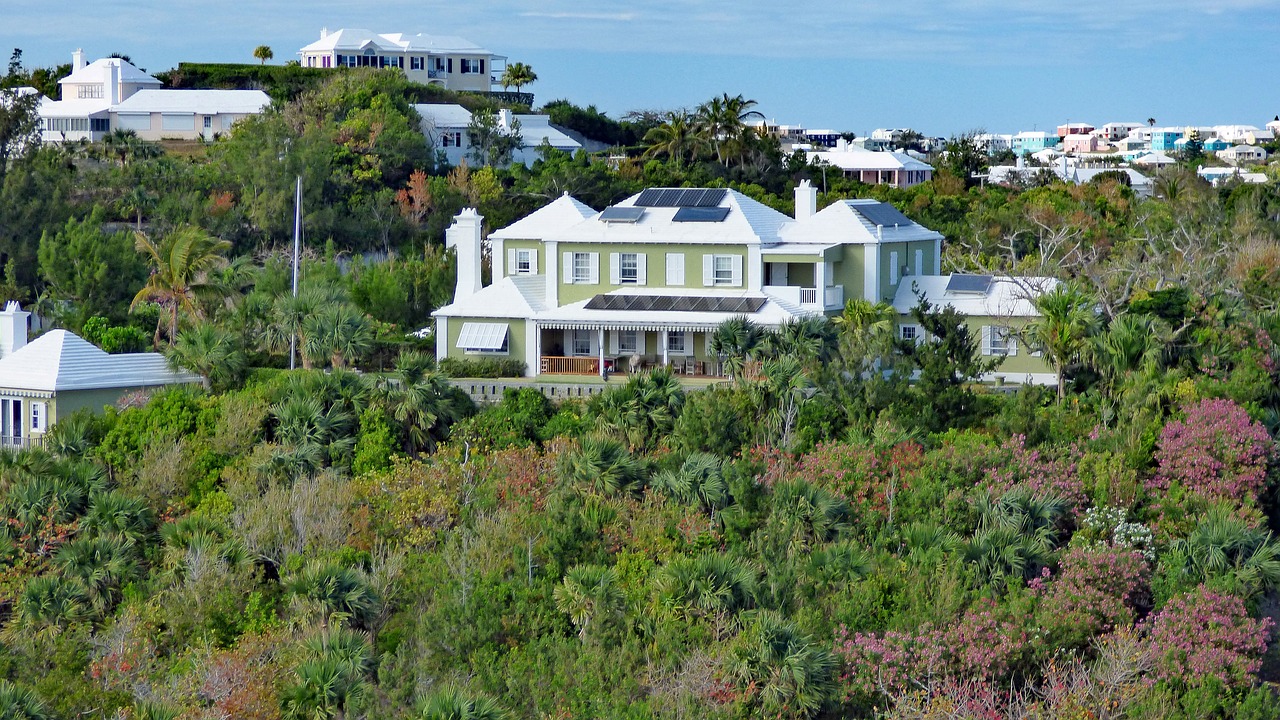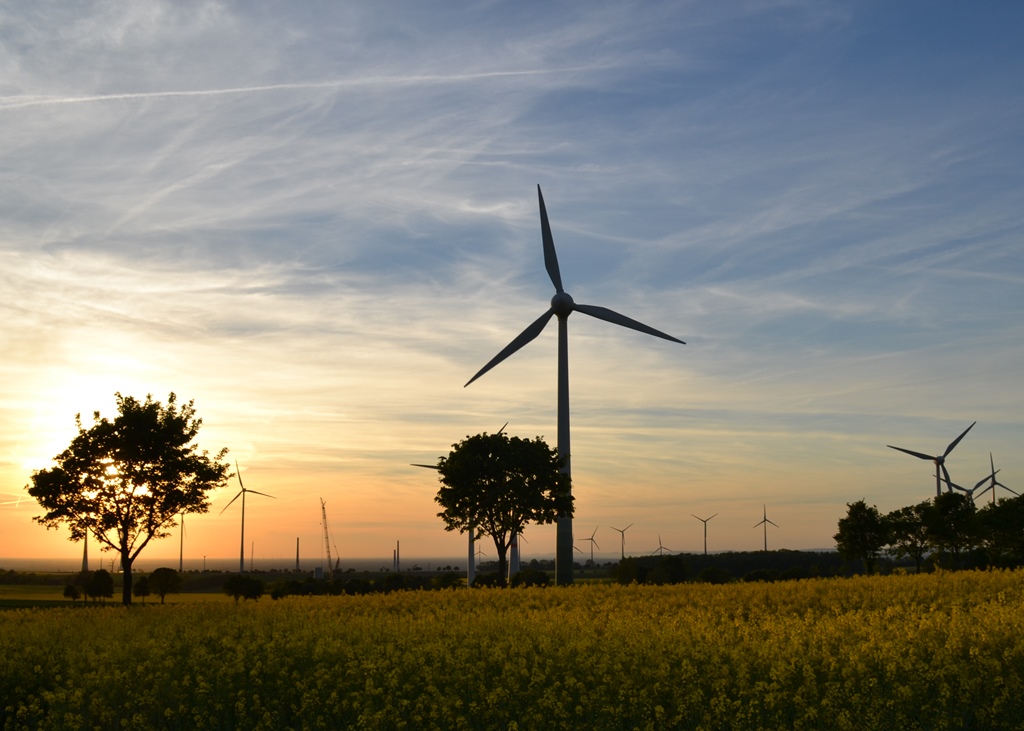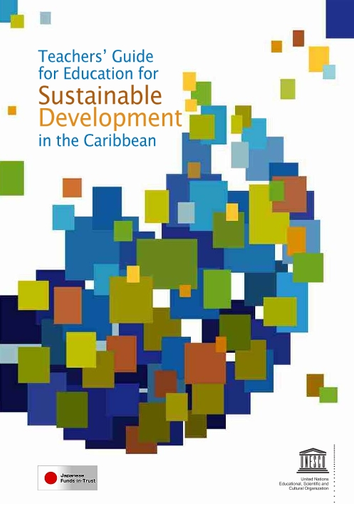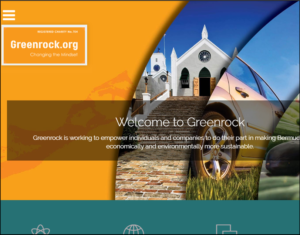-
The Sustainability priority provides the opportunity for students to develop an appreciation of the necessity of acting for a more sustainable future and so address the ongoing capacity of Earth to maintain all life and meet the needs of the present without compromising the needs of future generations.

Teaching and Learning for a Sustainable Future is a UNESCO programme for the United Nations Decade of Education for Sustainable Development. It provides professional development for student teachers, teachers, curriculum developers, education policy makers, and authors of educational materials. The modules are divided into 4 themes.
CURRICULUM RATIONALE
These modules present an introduction to the global realities, imperatives for sustainable development and educational issues that form the rationale of Education for a Sustainable Future.
- Exploring global realities
- Understanding sustainable development
- A futures perspective in the curriculum
- Reorienting education for a sustainable future
- Accepting the challenge
CONTEMPORARY ISSUES
This section illustrates ways in which a variety of curriculum themes may be recognised to integrate an interdisciplinary emphasis on a sustainable future.
SUSTAINABLE DEVELOPMENT ACROSS THE CURRICULUM
These modules illustrate ways in which Education for Sustainable Development can be integrated into all areas of the curriculum, especially into cross curriculum themes such as health and consumer education.
TEACHING & LEARNING STRATEGIES
This set of modules develops professional skills for using teaching and learning strategies that can help students achieve the wide range of knowledge, skill and values objectives of Education for Sustainable Development.
What is Education for Sustainability?
Education for Sustainability is much more than environmental education! It covers both the natural and built environment, social, economic and governance considerations and personal resilience. It encompasses the following practices:
- envisioning a sustainable future
- critical and reflective thinking
- experiential learning
- recognising the linkages across subject areas and the interconnectedness of all
- human and natural systems
- personal behaviour change towards sustainability
- understanding systems theory and thinking systemically (seeing the big picture)
The challenge for many teachers and academics working in specific disciplines is how to teach the overarching concepts of sustainability in their specific subject areas.
Whilst it may be easier to include EfS in some subjects compared to others, it is possible to adopt a sustainability perspective in all subjects.
PRIMARY EDUCATION FOR GLOBAL LEARNING AND SUSTAINABILITY
The need for primary schools to have a global rather than merely local perspective and to cultivate a sense of environmental responsibility was emphasised in the Cambridge Primary Review (CPR) final report’s proposals for educational aims and the curriculum (Alexander, 2010,
The CPR final report Read more
Why is biodiversity so important?
Our planet’s diverse, thriving ecosystems may seem like permanent fixtures, but they’re actually vulnerable to collapse. Jungles can become deserts, and reefs can become lifeless rocks. What makes one ecosystem strong and another weak in the face of change? Kim Preshoff details why the answer, to a large extent, is biodiversity.
Why is biodiversity so important? - Kim Preshoff
View full lesson: http://ed.ted.com/lessons/why-is-biodiversity-so-important-kim-preshoff Our planet's diverse, thriving ecosystems may seem like permanent fixtures, but they're actually vulnerable to collapse. Jungles can become deserts, and reefs can become lifeless rocks. What makes one ecosystem strong and another weak in the face of change? Kim Preshoff details why the answer, to a large extent, is biodiversity.
“Ecosystems, species, wild populations, local varieties and breeds of domesticated plants and animals are shrinking, deteriorating or vanishing. The essential, interconnected web of life on Earth is getting smaller and increasingly frayed,” said Prof. Settele. “This loss is a direct result of human activity and constitutes a direct threat to human well-being in all regions of the world.”

The Future of Energy in Bermuda
Bermuda’s electricity sector regulator has opted against natural gas as a principal generation fuel and in favour of an offshore wind farm and more solar power.
Read more:
This news should prompt educators to engage their learners in getting to grips with renewable energy STEM projects. These projects are probably based framed in a wider study of Climate Change. Project-Based Learning Offers a great pedagogical approach. Read more :
Project-based. learning
Energy from the Wind
Wind turbines offer us the opportunity to produce electricity and improve our Carbon footprint. Read more at www.islandteacher.xyz

What does sustainability education look like in the classroom?
Cool Australia Presents Sustainability
Uploaded by cool.org.education on 2014-02-21.
Rt Hon. Dr, Ewart Brown, Premier of Bermuda gives an interview at the Bella Centre at Cop15 in Copenhagen Denmark (2009)
Ewart Brown, President of Bermuda talks to OneClimate at COp15 in Copenhagen
Ewart Frederick Brown, President of Bermuda dropped in to give us an interview at the Bella Centre at Cop15 in Copenhagen Denmark. To watch and take part in the event live, go to http://www.oneclimate.net
We often hear the words 'sustainable' and 'sustainability' in our daily lives. But what does sustainability mean? And why is it so important? explainity tries to shed some light on these questions.
Sustainability explained (explainity® explainer video)
We often hear the words 'sustainable' and 'sustainability' in our daily lives. But what does sustainability mean? And why is it so important? explainity tries to shed some light on these questions. English captions by A.

Education for Sustainable Development in the Caribbean
The publication “Teachers’ Guide for Education for Sustainable Development in the Caribbean” is geared towards regional teacher-trainers and teachers active at every level of education. Its purpose is twofold: contribute to the integration of education for sustainable development into teaching practices through education initiatives, originally implemented in the Caribbean that may be feasible to replicate in the various classrooms, schools and communities; promote reflection, discussion and creation of innovative practices that involve all teachers in Decade activities and contribute to the making of sustainable societies.
Sustainability Education Links
Association for the Advancement of Sustainability in Higher Education
AASHE provides resources, professional development, and support networks to higher education institutions in order to model and advance sustainability, from governance and operations to education and research. US based.
Australian Campuses Towards Sustainability (ACTS)
ACTS is an association promoting sustainability in the Australian and New Zealand tertiary sectors. ACTS’ mission is to promote the integration of the principles of sustainability within learning and teaching and across campus operations.
The Australian Council of Environmental Deans and Directors
The ACEDD is an association of representatives of Australian universities responsible for environmental science and study programs in Higher Education
The Australian Research Institute for Environment and Sustainability
ARIES promotes learning and change for sustainability incorporating both research and practical facilitation. Participatory and systems-based approaches to build capacity for change towards sustainability are implemented. Based at Macquarie University.
Education for Sustainable Development Toolkit
The Education for Sustainable Development Toolkit assists schools and communities develop a process for creating locally relevant and culturally appropriate education. The Toolkit is based on the dovetailing of sustainability efforts in communities and educational systems.
Department of Sustainability, Environment, Water, Population and Communities
Sustainability education resources
The Education for Sustainability Professional Learning Hub (the Hub) is an interactive online learning network that supports sustainability professionals who use Education for Sustainability (EfS) to create change. The Hub is a platform for learning and exchange, working to connect, equip and motivate people who work in EfS.
The Higher Education Academy (UK)
The Higher Education Academy’s Education for Sustainable Development (ESD) Project helps institutions and subject communities develop curricula and pedagogy that will give students the skills and knowledge to live and work sustainably. Resources, network and research papers are available. The HEA also has an Education for Sustainable Development Project Weekly e-Bulletin. To subscribe, email listserv@jiscmail.ac.uk with ‘subscribe hea-esd-news’ in the body
International Association of Universities — Sustainable Development.
IAU, is the UNESCO-based association of higher education institutions. It brings together institutions and organisations from some 150 countries for reflection and action on common concerns including sustainable development
Learning for a Sustainable Future (LFS)
ESD Canada is a network that brings together a broad range of stakeholders from across the country to support systemic change toward Education for Sustainable Development (ESD) within the formal, non-formal and informal education systems
The National Climate Change Adaptation Research Facility
Leading the research community in a national interdisciplinary effort to generate the information needed by decision-makers in government and in vulnerable sectors and communities to manage the risks of climate change impact
Sustainability Educators e-List
Send an email to: sustainabilityeducators-subscribe@yahoogroups.com.au to subscribe to the list.
Teaching and Learning resources for skills and knowledge in sustainability
The UNESCO Asia and Pacific Regional Bureau for Education
UNESCO is the lead agency for the United Nations Decade of Education for Sustainable Development (2005-2014), and seeks to integrate the principles, values, and practices of sustainable development into all aspects of education and learning, in order to address the social, economic, cultural and environmental problems faced in the 21st century.
University Leaders for a Sustainable Future
The Association of University Leaders for a Sustainable Future (ULSF) promotes sustainability as a critical focus of teaching, research, operations and outreach at colleges and universities worldwide through publications, research, and assessment.
ULSF is also the Secretariat the Talloires Declaration, a ten-point action plan committing institutions to sustainability and environmental literacy in teaching and practice.
What is ECO Schools?
Eco-Schools programme is an initiative which encourages young people to take actions to protect their environment and to be the change for sustainability. It starts in the classroom, it expands to the school and fosters change in the community. Within the Indian Ocean region, more than 72 schools, representing over 25,000 children are now involved in the programme. It was recognised by the United Nations as “one of the most effective sustainability projects over the past 10 years.”
Eco-Schools Indian Ocean: from schools to communities
Eco-Schools programme is an initiative which encourages young people to take actions to protect their environment and to be the change for sustainability. It starts in the classroom, it expands to the school and fosters change in the community. Within the Indian Ocean region, more than 72 schools, representing over 25,000 children are now involved in the programme.
Bermuda organisations to support sustainability education and awareness and appreciation of the natural environment











